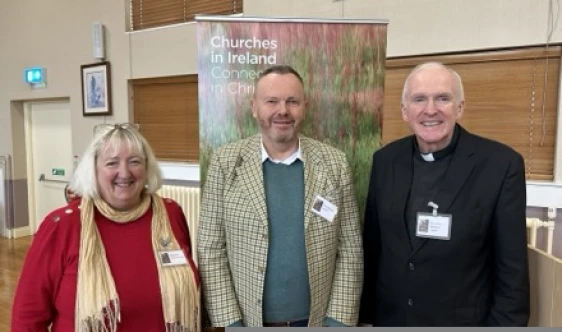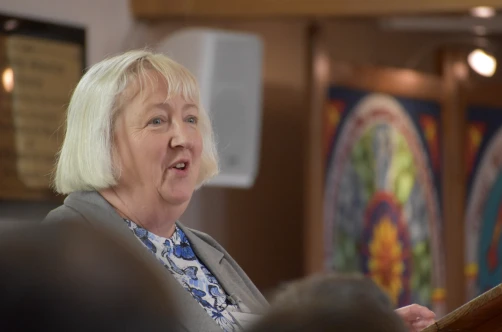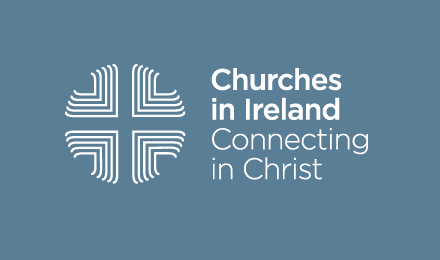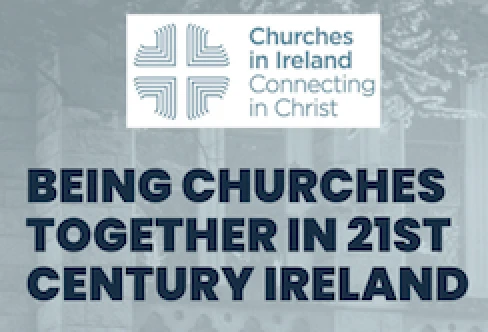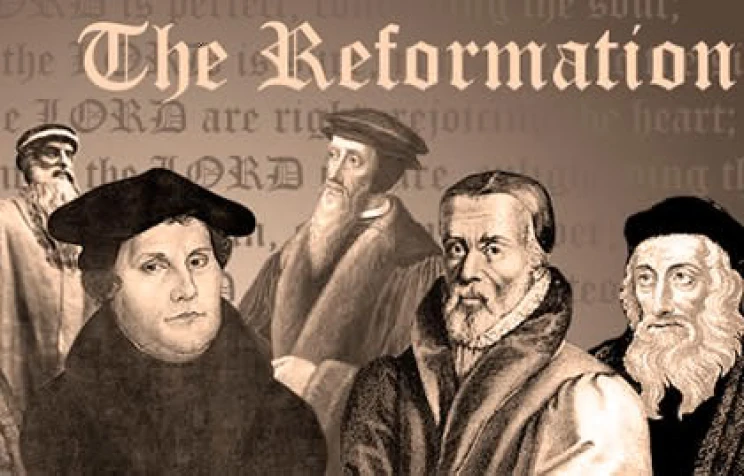
Aspects of the Reformation: The death of Luther and the legacy of his theology
Luther’s death followed a return to the place where he was born. Although he had rejected his father’s wish that he should become a lawyer and work in the family business of mining, Luther tried throughout his life to keep an interest in the family investments in mining. By 1545 it was in serious decline and the members of the nobility who ran the industry had fallen out with one another and had called on Luther to act as an arbiter and mediator in their dispute.
So in January 1546, in the depths of winter, Luther set out on his final journey to Eisleben. He was sixty–two years old. Sick and weak he knew that travel was putting his life at risk but he was determined to help the Counts of Mansfeld settle their dispute. Perhaps having an inkling that this would be no ordinary journey he took his three sons with him — Hans who was nearly twenty, Martin nearly fifteen and Paul just thirteen.
The weather was dreadful and the river so swollen at Halle that the party did not dare to cross. As Luther said in a letter to his wife he would not tempt God by trying to cross. “After all” he added “the Devil is angry with us, and he lives in the water”. When they finally travelled on he suffered from dizziness which he blamed on the Jews, many of whom lived in a village he had to pass through. His anti–Semitism grew throughout his life and is one of his darker legacies.
Shortly before the party reached Eisleben, Luther became very ill, collapsing in the wagon. He remarked that this was again the work of the Devil who always attacked him when he had personal work to do. His body was rubbed with hot cloths and he revived. Meetings to mediate between the Mansfeld family had to be organised around the sick man, but even his precarious health was not enough to get the family members to agree. Negotiations dragged on for three weeks and Luther was desperate to get home.
Meanwhile he devised a daily routine. Just as at home in Wittenberg, he kept common table with family and guests. Mealtimes were devotional occasions as they had been when he was a monk. Then every evening at eight o’clock he rose from the table and left the big room to go to his room where he would stand at the window praying. Afterwards he would turn from the window happy “as if laying down a burden” and talk to whoever was there for another fifteen minutes before going to bed.
On the evening of 17 January when he went to his room with his two younger sons to pray he was suddenly taken ill once more with chest pains and coldness. He was given what was called unicorn horn but was actually the ground tusk of a narwhal. He slept for a while, woke and got out of bed to go to the toilet and said “Into your hand I commend my spirit for you have redeemed me God of truth”. He got back into bed and shook every person’s hand telling them to pray for God and His Gospel.
He woke a couple of times in the night once saying that he thought he would just “stay here in Eisleben where I was born and baptised”. In his final prayer he said he thanked God that he had revealed to him “your dear Son Jesus Christ, in whom I believe whom I have preached and proclaimed and whom the accursed pope and all the godless shame, persecute and blaspheme against”. Even at the last Luther balanced his love with his anger. A few minutes later he died as he had lived — in public.
In my view, one of the reasons why Luther’s theology appealed to many people in early Modern Europe was because of the extraordinary precariousness of human existence and also the enormous resentment which had built up against the role of the Church, but particularly the clergy, in everyday life.
Modern people think that we live in times of stress and uncertainty, but Luther’s contemporaries lived a very anxious life. To reach the age of fifty was rare and the threat of disease and even plague was never far away. Mortality in infants and young people was high and two failed crops in a row meant famine.
In addition, probably the most personal interaction between clergy and many lay people took place at that time during the Sacrament of Penance and if the penitential manuals used by clergy are anything to go by the experience must have been intrusive, often petty and sometimes humiliating. In addition the last word in confession seems seldom to have been “Go in peace, your sins are forgiven “ but a penance which can have done little to ease a troubled conscience or in any way alleviate the stress of daily life.
Into this atmosphere the idea of a direct access to God and to gratuitous forgiveness must have had its attractions. Whatever may have been the case, the theological revolution which Luther began split the Western Church and world for ever.
